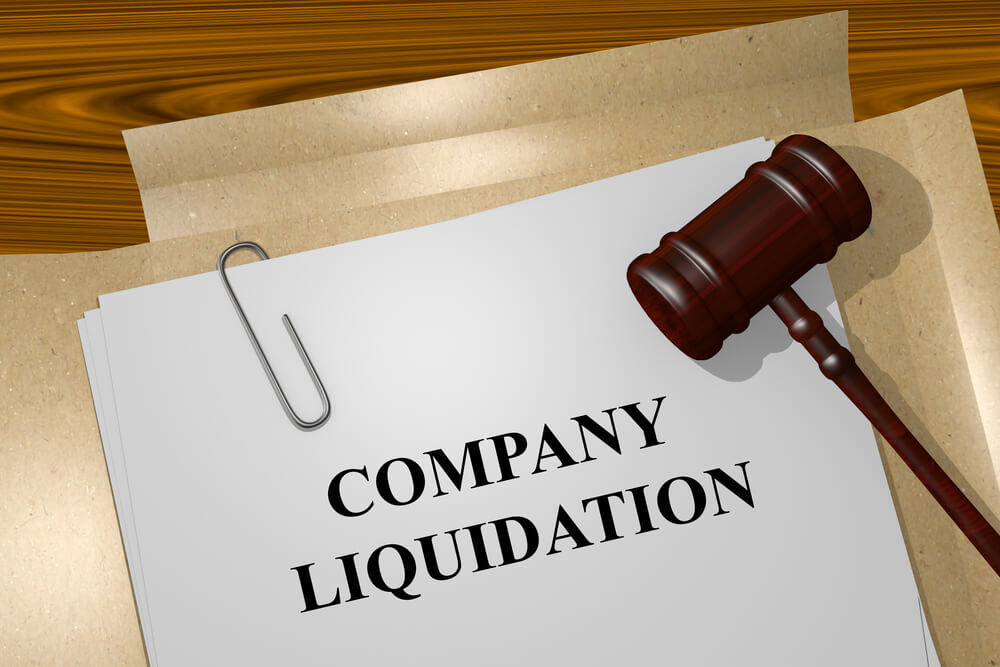 Last updated: March 8th, 2023 3:40 PM
Last updated: March 8th, 2023 3:40 PM
What happens to Shareholders when a Company is Liquidated?
When a company faces insolvency, shareholders may need to be involved in the liquidation process. Liquidation is the winding up a company’s affairs, which includes transferring its assets to pay off its creditors and distributing any remaining assets among the shareholders. In India, the liquidation process is regulated by the Companies Act 2013. When a company is liquidated, shareholders must understand what will happen to their investments. In this article, we will look at what happens to Shareholders when a Company is liquidated in detail.Types of Shareholders
Promoters
They are responsible for setting up the company, obtaining registration and issuing the first shares. They manage the company and make decisions regarding its operations, investments and shareholders’ rights. Promoters are usually the largest shareholders and are given preferential treatment regarding decision-making.Preference Shareholders
They are entitled to a fixed dividend rate, regardless of the company’s profits or losses. They have a priority claim on the company’s assets in the event of liquidation. However, they do not have voting rights or a limited say in the company’s operations.Equity Shareholders
They are entitled to receive a variable rate of dividend depending on the company’s profits or losses. They have voting rights and can exercise them at the company’s General Meetings. They also have a right to receive information about the company’s operations and financial statements.Foreign Shareholders
They can be any individual or company from outside the country. They are subject to the rules and regulations of the Indian Companies Act and can invest in any of the company’s shares. Foreign shareholders also have voting rights and can exercise their rights at the company’s General Meetings.Shareholders and Liquidation
Shareholders are the company’s owners and are entitled to the company’s remaining assets once the creditors have been paid. Shareholders’ rights in liquidation are outlined in Section 230 of the Companies Act, 2013. First, the company must appoint a liquidator. The liquidator is responsible for winding up the company and selling its assets to pay off the creditors. If the company has no assets to pay its creditors, the creditors will not be repaid. In this case, the liquidator will distribute any remaining assets to the shareholders. The liquidator will also prepare a report on the company’s assets and liabilities. The report will detail the company’s assets and liabilities at the time of liquidation. This report will determine the value of the company’s assets and how much money is available to pay the creditors and shareholders. Once the liquidator has prepared the report, they will notify the shareholders. The liquidator will then distribute any remaining assets to the shareholders. This will usually occur proportionally, depending on the amount of shares held by each shareholder. The liquidator may also distribute any proceeds from selling the company’s assets to the shareholders. This depends on the nature of the assets and how much money is available to distribute. Shareholders should be aware of their rights and obligations during a liquidation process. They should seek legal advice if they have any questions or concerns about the process. This will help ensure that they receive the best possible outcome from the company's liquidation.Popular Post

In the digital age, the convenience of accessing important documents online has become a necessity...

The Atalji Janasnehi Kendra Project that has been launched by the Government of Karnataka...

The Indian Divorce Act governs divorce among the Christian couples in India. Divorce...

When an individual has more than a single PAN card, it may lead to that person being heavily penalised, or worse,...

Employees Provident Fund (PF) is social security and savings scheme for employee in India. Employers engaged...


